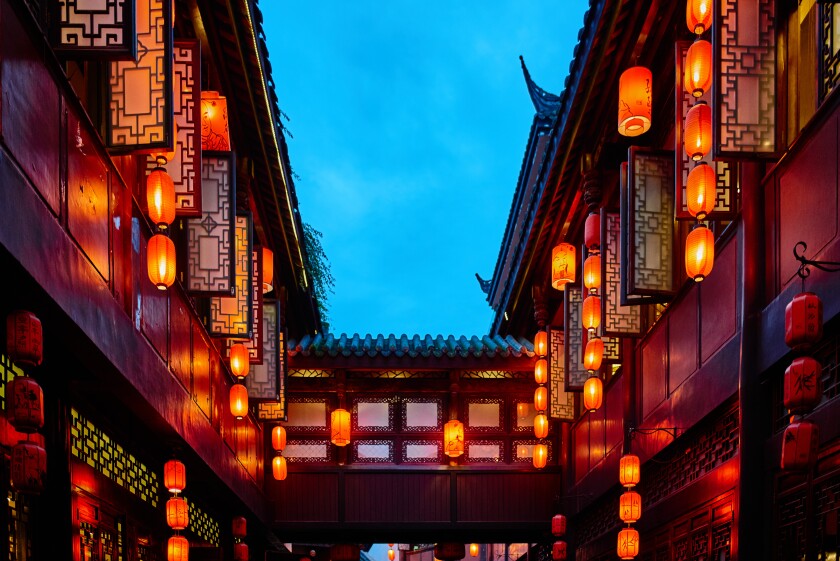Drinking is so ingrained in Chinese business culture that I never guessed that regulators would stage an attack on the national pastime. But here we are.
Earlier this month, China's anti-corruption watchdog, the Central Commission for Discipline Inspection, issued a statement criticising office drinking behaviour. The CCDI says it is going after toxic work culture, which results in employees feeling pressured to drink, often until blacking out. So far it is unclear if CCDI's statement is merely a cautionary slap on the wrist, or if it’s the precursor to some regulatory measures targeting the alcohol industry.
I have mixed feelings on the matter. On the one hand, I understand that some people's drinking can get out of control. I, of course, do not have this problem, but I have seen other people forced to imbibe too much amid social pressure.
On the other hand, drinking is something that has guaranteed me many a business deal.
If it were not for China’s popular liquor Moutai, I probably would have secured only half the Chinese business I had during my career. I most certainly would not have convinced Tai Tai’s father to let me marry his daughter, if not for showing him my impressive drinking skills.
It seems investors are just as concerned about the CCDI's comments as I am.
Leading liquor company Kweichow Moutai's stock has dropped more than 11% over the last month. Its competitor Wuliangye Yibin, which is known for its baijiu, has seen its stock fall more than 17%.
I can only hope that this criticism against the drinking culture is just that — criticism with little follow through. I certainly can't imagine celebrating a new listing with sparkling water in my hand. Everyone knows we can't make a toast with water. The bad luck it would bring would surely not balance out the benefits from drying out bankers and businessmen.

